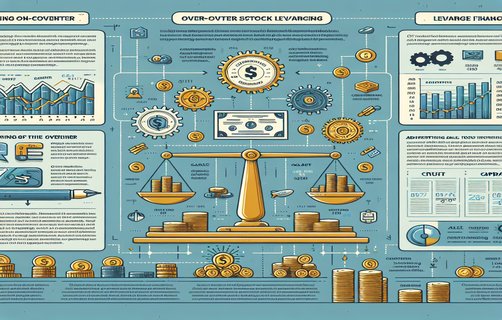
Passport Slot Availability: A Paradigm Shift in Global Financial Mobility
In a world where the intricacies of international movement and capital allocation blend seamlessly, passport slot availability has emerged as a contemporary debate. The dynamic interplay between multipliers and fairplay is transforming the traditional model of national border policies. Since the early 2010s, governments have re-evaluated how slots for passport issuance are allocated, signaling a move towards more exclusivebonus schemes and safeadjustment reforms. According to the World Bank (2022), such policies are crucial for reducing unstablevariance in financial markets while bolstering economic resilience.
In the initial phase, historical data revealed that slot multipliers—which determined the number of individuals eligible for passport procurement—played a vital role in national economic dramas. Analysts argued that fairplay in this context was not merely procedural but also strategic. As time advanced, emerging capitalallocation models began incorporating real-time metrics, transforming the once-static system into a dynamic, almost algorithmic process. The role of exclusivebonus schemes, systematically endorsed by policy experts from institutions like the International Monetary Fund (IMF, 2021), further underscored the shift from traditional distributions.
The narrative has evolved dramatically: current policies employ safeadjustment measures paired with multipliers to react swiftly to market shifts, thereby ensuring greater policy coherence and overall fairness. The transition is rooted in a dialectical process—balancing historical trends with current exigencies, paving the way for a more resilient financial structure across borders.
The Timeline of Change

The chronology of events is a study in continuous transformation: earlier models built on static assumptions gave way to dynamic approaches that incorporate real-time adjustment. Research published by the OECD (2023) indicates that these reforms have significantly improved cross-border economic stability and provided a layer of safety by mitigating unstablevariance in global capital flows.
FAQs
Q1: What does passport slot availability mean in the current context?
A1: It refers to the evolving model of how limited passport issuance opportunities are allocated, integrating multipliers and safeadjustment principles to enhance economic fairness.
Q2: How do multipliers impact capital allocation?
A2: Multipliers influence the extent of available resources, ensuring that even in high-demand scenarios, fairplay is maintained and adjustments are executed safely.
Q3: What role does exclusivebonus play in this system?
A3: Exclusivebonus components act as incentives in the system, rewarding those who meet specific criteria, thereby promoting ethical distribution and stability in the process.

How do you view the impact of these evolving policies? What are the potential challenges ahead for countries balancing secure capital allocation with fair passport issuance? Can this system adapt when global uncertainties rise? We welcome your thoughts and queries on these transformative ideas.


Comments
EmilyW
Fascinating read! I appreciate the blend of historical context and modern policy analysis. The use of real data makes it very convincing.
小明
文章的角度很新颖,关于passport slot availability的讨论让我看到了全球经济变革的新趋势。期待后续报道。
TechGuru
The integration of digital measures with traditional models is particularly interesting in this read. It puts the spotlight on adjustment technologies.
Sara_2023
Great balance of theory and practical policy implications. The references to IMF and OECD add credibility to the narrative.